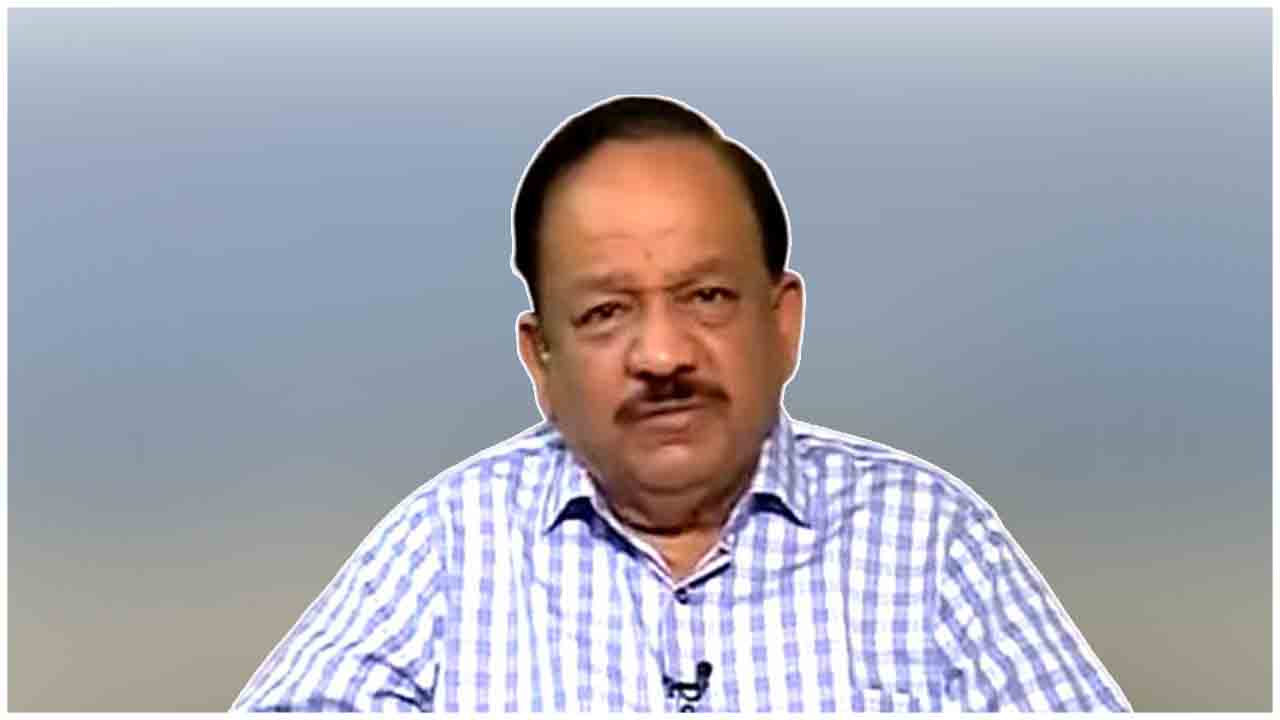Ministry of Health and Family Welfare has issued guidelines for dental professionals in the Covid-19 pandemic situation. In the current Covid-19 pandemic, dentists, auxiliaries as well as patients undergoing dental procedures are at high risk of cross-infection. Most dental procedures require close contact with the patient’s oral cavity, saliva, blood, and respiratory tract secretions. Health Ministry said many patients who are asymptomatic may be carriers of the coronavirus, hence, it is suggested that all patients visiting a dental office must be treated with due precautions.
In the current COVID 19 pandemic, Dentists, auxiliaries as well as patients undergoing dental procedures are at high risk of cross-infection. Most dental procedures require close contact with the patient’s oral cavity, saliva, blood, and respiratory tract secretions. Saliva is rich in COVID 19 viral load. Many patients who are asymptomatic may be carriers. For this reason, it is suggested that all patients visiting a dental office must be treated with due precautions.
Several guidelines have been issued earlier by DCI, IDA and other organizations and hence there is a need to issue unified guidelines. These guidelines address dental services in the country, and cover:
- Health care workers who are required to attend dental ailments in remote locations in the government sector.
- Dental Surgeons working in PHC/ small towns and different locations.
- Dental Surgeons working in government and private hospitals set up.
- Dental surgeons working in cities with solo or multi-specialty practices. Zones and Dental Clinics
1. The dental clinics will remain closed in the CONTAINMENT ZONE; however, they can continue to provide tele triage. Patients in this zone can seek ambulance services to travel to the nearby COVID Dental Facility.
2. In the RED ZONE, Emergency dental procedures can be performed.
3. The dental clinics in ORANGE AND GREEN ZONE will function to provide dental consults. Dental operations should be restricted to Emergency and Urgent treatment procedures only.
4. All routine and elective dental procedures should be deferred for a later review until new policy/guidelines are issued.
5. Due to the high risk associated with the examination of the oral cavity, oral cancer screening under the National Cancer Screening program should be deferred until new policy/guidelines are issued. List of Emergency and Urgent Dental Procedures The clinical conditions of dental origin, which require priority care but do not increase the patient’s death risk are categorized as URGENT and which increase the patient’s death risk are categorized as EMERGENCY

 Dental professionals are at high risk of getting infected in the current pandemic situation
Dental professionals are at high risk of getting infected in the current pandemic situation









.jpeg)

.jpeg)
.jpeg)

.jpeg)


.jpeg)



.jpeg)
.jpeg)
.jpeg)


.jpg)


.jpeg)
.jpeg)